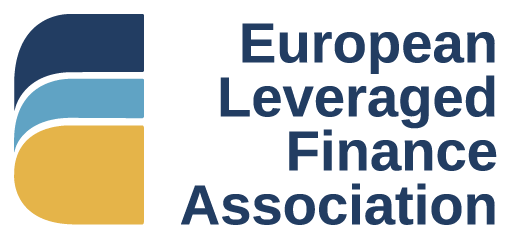Our Approach
Responsibility underpins AlbaCore’s culture. We believe the identification and management of potentially material risk exposures throughout the investment lifecycle is important to preserve investor capital. AlbaCore is committed to investing responsibly, by considering and integrating material environmental, social and governance (“ESG”) factors into its decision-making. This commitment applies to both investment practice and business operations, to support the identification and management of risks and opportunities. By incorporating material ESG factors in our investment process, we seek to meaningfully preserve the value of portfolio assets and protect the interests of our investors.
ESG Committee
We have a cross-departmental ESG Committee that meet regularly and are responsible for enforcing the ESG Policy and responsible investment approach.ESG Risk Management
Our approach is risk-based and the materiality of potential or existing risks are discussed at the Investment Committee level for each investment.Internal ESG Ratings
For each investment, the respective investment analyst scores it individually for E, S, and G as well as an overall ESG risk of the investment.Industry Bodies
Principles for Responsible Investment (‘UNPRI’) signatory, Carbon Disclosure Project (‘CDP’) and Task Force on Climate-Related Financial Disclosures (‘TCFD’) supporter.Carbon Conscious Investing (‘CCI’)
We have developed a solution to provide transparency on a portfolio’s estimated carbon footprint, offering CCI reporting on all our funds.Negative Screening
We exclude certain industries based on revenue thresholds as part of the negative screening process (varies depending on product type).Evolution of AlbaCore’s ESG Strategy
Our Responsible Investment Process
The consideration of environmental, social and governance factors is an integral part of AlbaCore’s investment process.

Negative Screening
AlbaCore Capital Group employs a negative screening process and filters out investments that don't comply with our ESG Policy. As part of our ESG process we screen out investments based on a threshold of revenue derived from certain industries. AlbaCore also screens investments to check whether they fall in the scope of certain prohibited activities and sanctions.Investment Committee
Our approach is risk-based and the materiality of potential or existing risks is discussed at the Investment Committee (IC) for each investment. As part of the investment due diligence process, AlbaCore will review ESG risk factors in relation to the proposed investment and these factors will be considered by the IC and documented in the IC Memo.Active ESG Monitoring
In conjunction with the risk management function, AlbaCore's investment team maintains relevant risk monitoring in relation to the Fund's investment portfolio post-trade execution. We currently have an ESG risk monitoring system for investments that are classified as high ESG risk: these names are monitored closely, and any material issues are noted. If an investment has been flagged for a material ESG concern, an ESG subcommittee would meet to opine on the best course of action.Policies and Resources
Our Industry Partners




Carbon Conscious Investing (CCI)
In 2021, AlbaCore introduced Carbon Conscious Investing (CCI), which is a solution to provide transparency on a portfolio's estimated carbon footprint. CCI will provide quarterly and annual reporting on the carbon footprint of the portfolio as a whole as well as on a line-by-line basis. We want to be a thought leader in the credit space and set a blueprint for our asset class. This allows investors to directly compare their credit portfolio's carbon footprint across portfolios, investments, time-period and asset classes. The model is verified by a third-party carbon specialist.

We worked with the PRI on a case study covering AlbaCore’s approach to Carbon Conscious Investing (CCI). This case study is published on their website:
View the Case Study